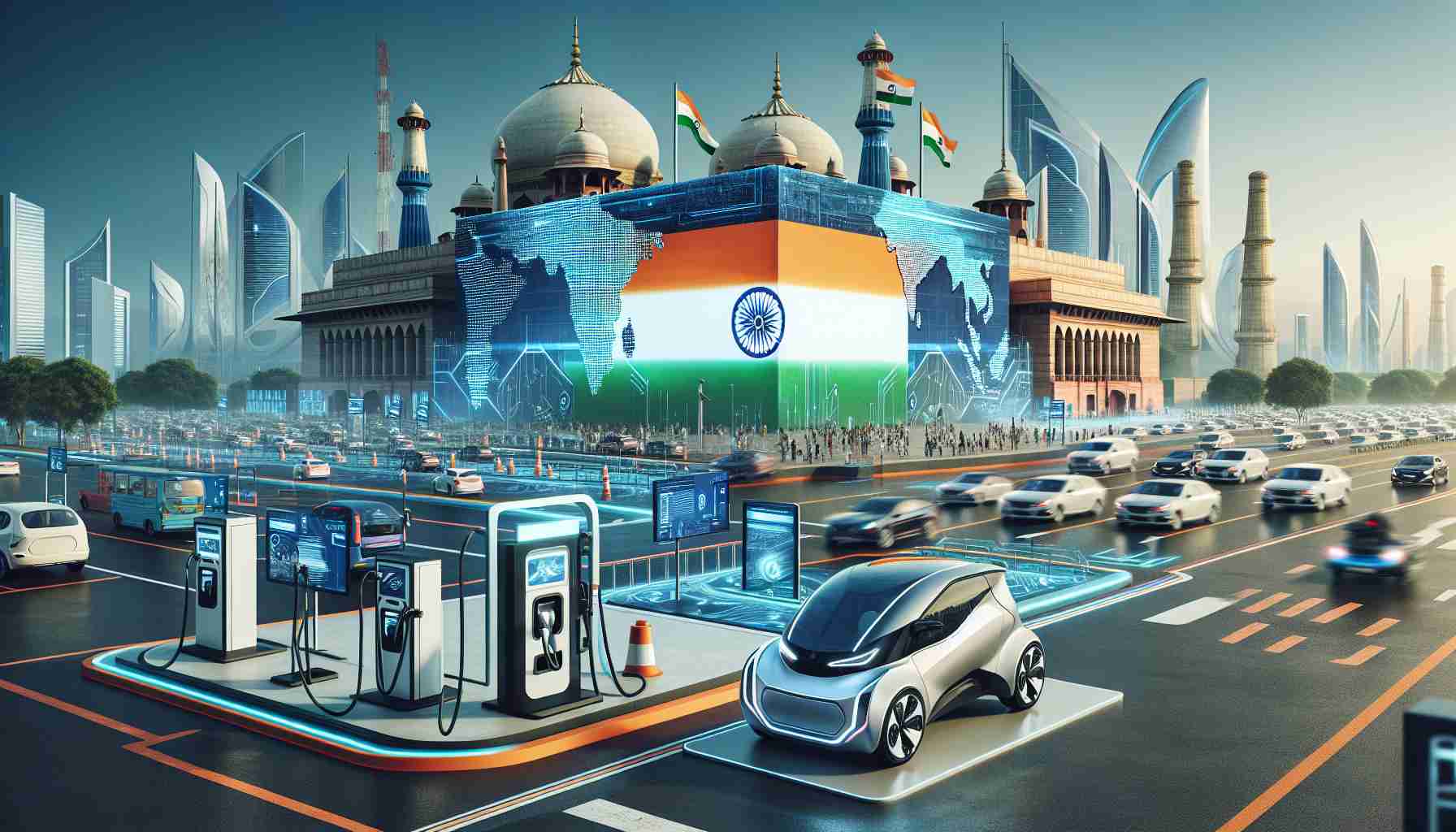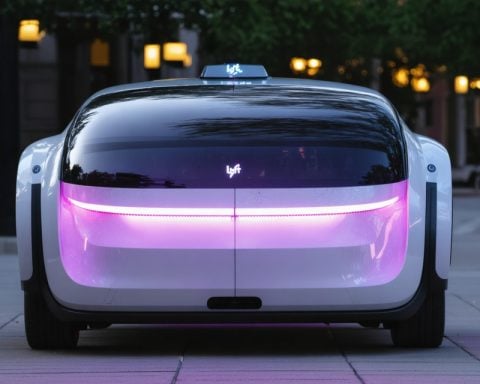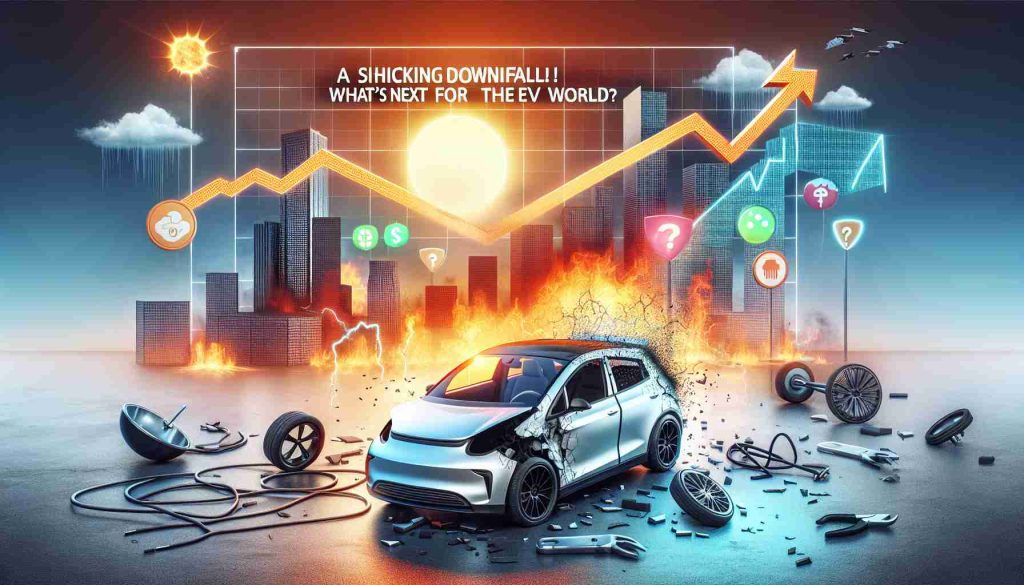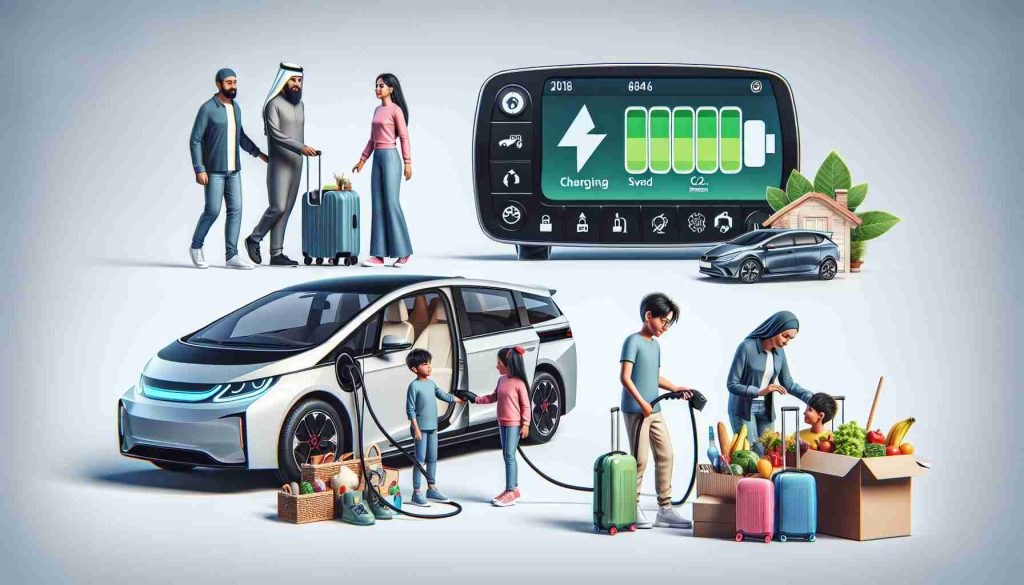The Shifting Landscape of Transportation
As India aims to emerge as the leading electric vehicle (EV) market by 2030, urban planners are rethinking transportation systems. The electric vehicle sector is set to explode, with projections indicating a surge from $23.38 billion in 2024 to $117.78 billion by 2032, fueled by a growth rate of 22.4%. This considerable shift reflects a growing commitment to sustainable mobility amongst consumers and the government, driven by the need to combat pollution and reduce fuel dependency.
Government initiatives, including the National Electric Mobility Mission Plan, are laying groundwork for a vital 30% vehicle electrification target by 2030. To make this transition easier, a variety of incentives are now available, helping to shift both public mindsets and infrastructure.
Urban development is beginning to reflect this EV-focused shift, with new residential and commercial properties integrating EV charging stations. As consumers prioritize eco-friendly living with access to charging facilities, developers are responding assertively.
India has seen exceptional growth in public charging networks, with over 12,000 operational stations; Maharashtra and Delhi currently boast the highest numbers. However, the nation faces challenges, with the existing ratio of vehicles to charging stations significantly behind global standards.
To bridge this gap, robust public-private partnerships and modern technologies must be employed. Sustainable solutions, such as solar-powered charging stations, can further bolster India’s journey towards a greener future, supporting the rapidly growing EV ecosystem and responding to the urgent demands of sustainable urban mobility.
The Broader Implications of India’s Electric Vehicle Revolution
The push towards an electric vehicle (EV) market in India is not only a technological shift; it represents a profound evolution in societal values and economic frameworks. As consumers gradually embrace sustainable transportation, they align more closely with a global consciousness that prioritizes environmental stewardship. This transition is likely to catalyze a cultural transformation, where eco-friendly choices become normative rather than niche.
Economically, the EV sector is poised to create significant job opportunities. From manufacturing to infrastructure development, the ripple effect will likely contribute to both urban job markets and the overall GDP. An expected growth trajectory projected at 22.4% annually signifies that investment in battery technologies and charging networks could drive innovation and reduce costs, making EVs accessible to a broader demographic.
Moreover, the environmental ramifications of this transition could be transformative. As India confronts severe air pollution and greenhouse gas emissions, the shift to electric vehicles could help alleviate urban health crises. A strategic focus on renewable energy sources for powering charging stations, particularly solar, can further minimize ecological footprints, allowing cities to harmonize development with nature.
Looking toward the future, urban landscapes are evolving rapidly. Cities will likely adapt public transport and infrastructure to prioritize EV technologies, suggesting a long-term commitment to a sustainable urban mobility framework. As India strives for its 2030 electrification target, the broader implications of this movement will resonate beyond its borders, setting a precedent for emerging economies globally.
Revolutionizing India’s Transportation: The Electric Vehicle Era Unleashed
The Shifting Landscape of Transportation
As India continues its ambitious quest to become a leading player in the electric vehicle (EV) market by 2030, the focus on sustainable transportation is shifting urban planning toward innovative solutions. The electric vehicle sector is not just on the brink of transformation; it is projected to soar from $23.38 billion in 2024 to an astounding $117.78 billion by 2032. This surge, characterized by a remarkable annual growth rate of 22.4%, highlights an increasing dedication to sustainable mobility, influenced by both consumer demand and government policy aimed at curbing pollution and reducing reliance on fossil fuels.
Key Government Initiatives
Among the numerous strategies being implemented, the National Electric Mobility Mission Plan stands out, establishing a target for 30% vehicle electrification by 2030. These initiatives are more than just numbers; they represent a comprehensive approach to incentivizing both consumers and businesses to transition to electric vehicles. The government is offering a range of subsidies and tax rebates that are reshaping public perception and increasing the adoption of electric mobility solutions.
The Infrastructure Revolution
Urban development in India is increasingly aligning with the goals of the electric vehicle initiative. Developers are integrating EV charging infrastructure into new residential and commercial properties. This shift toward eco-friendly living is parallel to a rising consumer expectation for convenient access to charging stations.
Currently, India boasts a network of over 12,000 public charging stations, with Maharashtra and Delhi leading in installation numbers. This is a significant achievement, but the country still faces challenges, particularly the existing ratio of vehicles to charging stations, which is considerably lower than global benchmarks.
Bridging the Gap: Charging Infrastructure Development
To address the infrastructure gap, a strong collaboration between public and private sectors is essential. Innovative solutions must be developed to support this growing EV ecosystem. Among the promising advancements are solar-powered charging stations, which not only enhance accessibility but also contribute to a more sustainable energy landscape. These initiatives reflect the urgent need for cities to evolve their mobility strategies in response to consumer needs and environmental challenges.
Pros and Cons of Electric Vehicles in India
– Pros:
– Reduced greenhouse gas emissions, contributing to better air quality.
– Long-term savings on fuel costs for consumers.
– Government incentives that encourage adoption and infrastructure investment.
– Cons:
– Initial higher purchase price of electric vehicles compared to traditional vehicles.
– Insufficient charging infrastructure in various parts of the country.
– Range anxiety among potential users due to limited charging stations.
Insights and Trends
As urban centers continue to grow, the demand for EVs is expected to rise substantially. Insights into this sector suggest a shift in consumer preferences toward electric mobility, driven by rising environmental awareness and government support. In parallel, technological innovations, such as advancements in battery technology and smart grid solutions, are set to enhance the efficiency and appeal of electric vehicles.
Market Analysis and Predictions
Forecasts indicate that the EV market in India is poised for unprecedented growth as electric mobility initiatives gain momentum. By 2030, it is expected that a significant percentage of new vehicles sold will be electric, bolstered by ongoing advancements in battery technology, affordability, and expanding charging networks.
Conclusion: The Future of Transportation in India
The push for electric vehicles in India represents a broader commitment to sustainability in urban mobility. As government policies evolve, infrastructure expands, and consumer attitudes shift, the future of transportation in India could very well be electric. Embracing these changes will support both environmental goals and economic growth, positioning India as a leader in the global electric vehicle market.
For more information on electric vehicles and their impact on urban planning, visit Government of India.

















